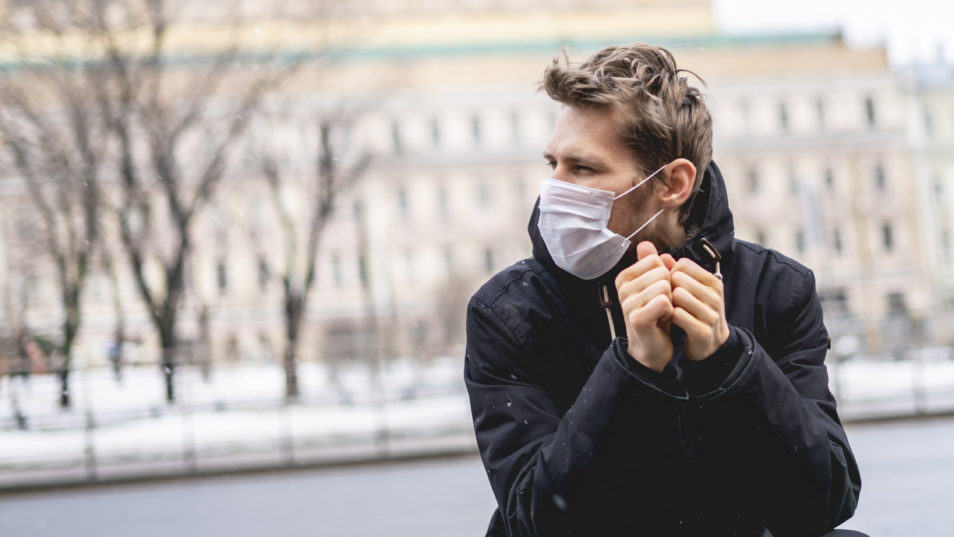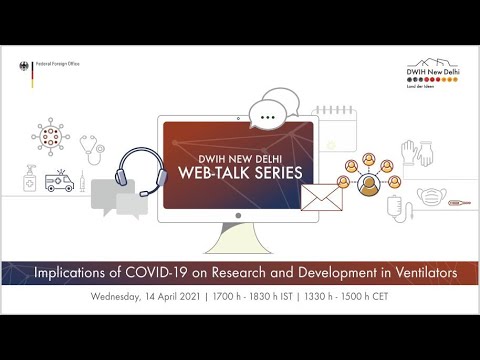Web-Talk - Implications of COVID-19 on Research and Development in Ventilators
 © iStockphoto
© iStockphoto
The Covid-19 pandemic accelerated research in medical technology and encouraged entrepreneurship all over the world. The short supply of ventilators led researchers and science-based start-ups to develop simple, robust and cost-efficient ventilators suitable for intensive medical ventilation. In the web-talk innovators from India and Germany will present technology-based healthcare solutions focusing on opportunities and challenges.
They will highlight the significance of research and innovation in developing critical, life-saving medical equipment that can help public health systems, especially in developing nations, withstand unforeseen stress during public health emergencies.
Video Recording

To play the video, click the thumbnail. Once activated data will be transmitted to the respective provider. Watch on YouTube
Event Information
April 14, 2021, 5:00 PM to 6:30 PM
Online
Organizer(s): DWIH New Delhi, RWTH Aachen University
Speakers:

Prof. Steffen Leonhardt
Philips endowed Chair of Medical Information Technology, Helmholtz-Institute for Biomedical Engineering, RWTH Aachen University How did an interdisciplinary team of researchers and students from the fields of science, medicine and engineering at the RWTH Aachen University manage to prototype PV 1000 - The People’s Ventilator in less than a year? Insights into the state-of-the-art ventilator technology will be presented.

Gautham Pasupuleti
CEO & MD, Biodesign Innovation LabsThe India based-science start-up Biodesign Innovation Labs had had already filed patents in 10 countries for their ventilator RespirAid. When the need for ventilators was felt more than ever, they scaled their product up with the aim of reaching the remotest of areas to save lives. Learn more about their research and start-up journey.
At the event, Biodesign Innovation Labs was represented by Akash R.
The Web-Talk Series: Implications of COVID-19 on Health Care Systems runs from 13th to 14th April 2021. Explore the first web-talk in the series below:
